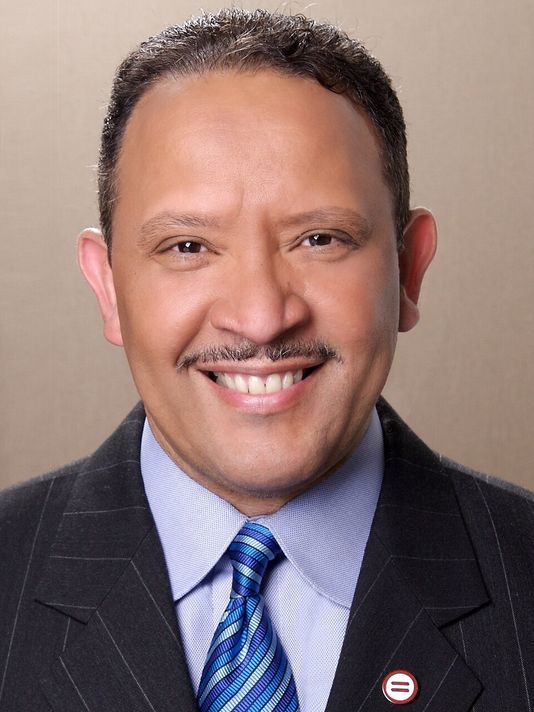Can Meaningful Accountability Exist Without Equity?

The recent National Urban League conference in Baltimore covered topics such as the economy, education, business, and health. All of these conversations had one common theme: equity.

T&L spoke with National Urban League President and CEO Marc Morial (at left) about how his organization sees the issue of equity in urban schools today.
What was a top takeaway from the National Urban League conference in regards to education?
We are heavily focused on the new Every Student Succeeds Act (ESSA). When thinking through that law, there are a number of concerns. The new law allows states to develop their own accountability plan. We are very supportive of accountability and assessments done properly to create a baseline. But we want to make sure this accountability doesn’t have loopholes and that these loopholes aren’t designed to take advantage of the law.
Secondly, we’re concerned about issues of equity. We think accountability and equity go hand-in-hand. Equity is a resource allocation issue. We think it’s important that states not use federal money to just supplant state and local funding. States, counties, and local jurisdictions – along with the federal government – need to ensure equitable funding. We think this is essential to technology. Poor districts don’t have the money to provide the same level of technology hardware or the needed technology training. Resource and equity affect the ability of teachers and students to use technology, which is essential for 21st century learning.
What are some of the key steps you see that schools can take to help resolve issues of digital inequity?
It’s essential that schools make a strong investment in professional development. Schools shouldn’t use technology for technology’s sake. Technology is used best when it’s used to enhance the learning capabilities. We think that we should strive for the very best technology in every school and resource equity is necessary to reach that goal.
Tools and ideas to transform education. Sign up below.
Have you seen this done well in the urban districts you’ve worked with?
We’ve seen a lot of strivers. But we also see that resource inequities are far too often the reality. You have this inequity in states, in counties, even within school districts. We’re sometimes told that money doesn’t matter that much. I vigorously reject that idea. Now, just throwing money at something doesn’t solve a problem. But intelligent investments can help close resource equity gaps. We cannot allow the funding conversation to be minimalized, because funding is key. It goes to the kind of teachers you can afford, the teacher/student ratio, the equipment you can buy, toward academic support and extra-curricular activities, and so on.
What can our readers do to help realize the digital equity?
They have to become advocates. They have to become informed voters. They have to call to question the school board members, the legislature, members of Congress, members of state legislature…anyone who controls school funding.
The National Urban League has sought to connect the accountability question with the equity question. All too often you have the accountability crowd on one side of the room and the equity crowd on the other side. What we say is: the two go hand-in-hand. You can’t achieve accountability without resource equity. This has to be baked into the DNA of the education reform conversation.
Christine Weiser is the Content and Brand Director for Tech & Learning, and has been with the company since 2008. She has reported on education for most of her career, working at Scholastic and Gale Publishing before joining Tech & Learning. Christine is also an author and musician, and lives in Philadelphia with her husband and son.
